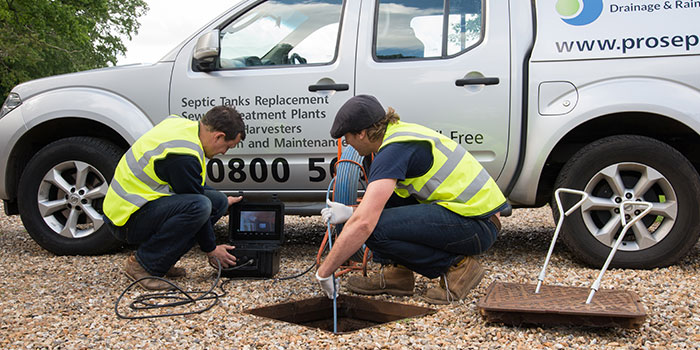While there is a long list of things that shouldn’t end up in your drainage system, one of the most frequently flushed items is the humble wipe.
Wipes come in many forms – surface cleaning, makeup removal, infant hygiene – but some can cause septic tank and drain maintenance problems.
What may seem like a harmless cosmetic or cleaning item can actually have a harmful impact on both your wallet and the wider environment.
Which wipes shouldn’t be flushed?
Unlike regular toilet paper, wipes don’t break down easily in water – this can even apply to some items clearly marked as ‘flushable’.
Some ‘moist’ tissues or similar appear non problematic but in fact can contain some type of plastic – in addition to having stronger, close-knit fibres.
These wipes are more likely to cause septic tank issues due to the longer time taken to biodegrade.
The main types of wipe you should ensure are never flushed include:
- Wet wipes sold as suitable for baby skin
- Facial hydration/cleansing/makeup removal wipes
- Anti-bacterial/surface cleaning
- Screen/glasses cleaners
All these and more are better off in the bin rather than being flushed where they could potentially cause problems for your septic tank or system.
Water UK’s national campaign ‘Bin the wipe’ has more information and resources on how to correctly dispose of such items.
What septic tank problems can wipes cause?
If clogged with wipes, your septic tank could suffer with blocked pipes, ultimately leading to drains backing up into your home.
If flushed wipes combine with fats, oils and greases (FOGs) that have also been put down the drain, they could form fatbergs.
These and other costly potential problems can be avoided with regular drain servicing by experienced professionals.
And while prevention is always better than cure, if you suspect a blockage in your pipes or septic tank, you can still take steps to confirm this.
By arranging a CCTV drain survey, you can confirm if you have a blockage, where it is and how serious.
And you’ll also be able to make an informed decision on the best course of action to remove it and ensure your septic tank functions correctly once more.
Keep wipes out of your septic tank
While a lot of packaging may be labelled ‘flushable’ it’s best to be cautious and restrict wipes of any kind to the bin.
Reduce the amount of microplastics entering the water course, avoid the need for costly repairs and consider scheduled professional drain maintenance.
If you’d like to talk to an expert about CCTV drain surveys or other drain servicing options, please get in touch.
